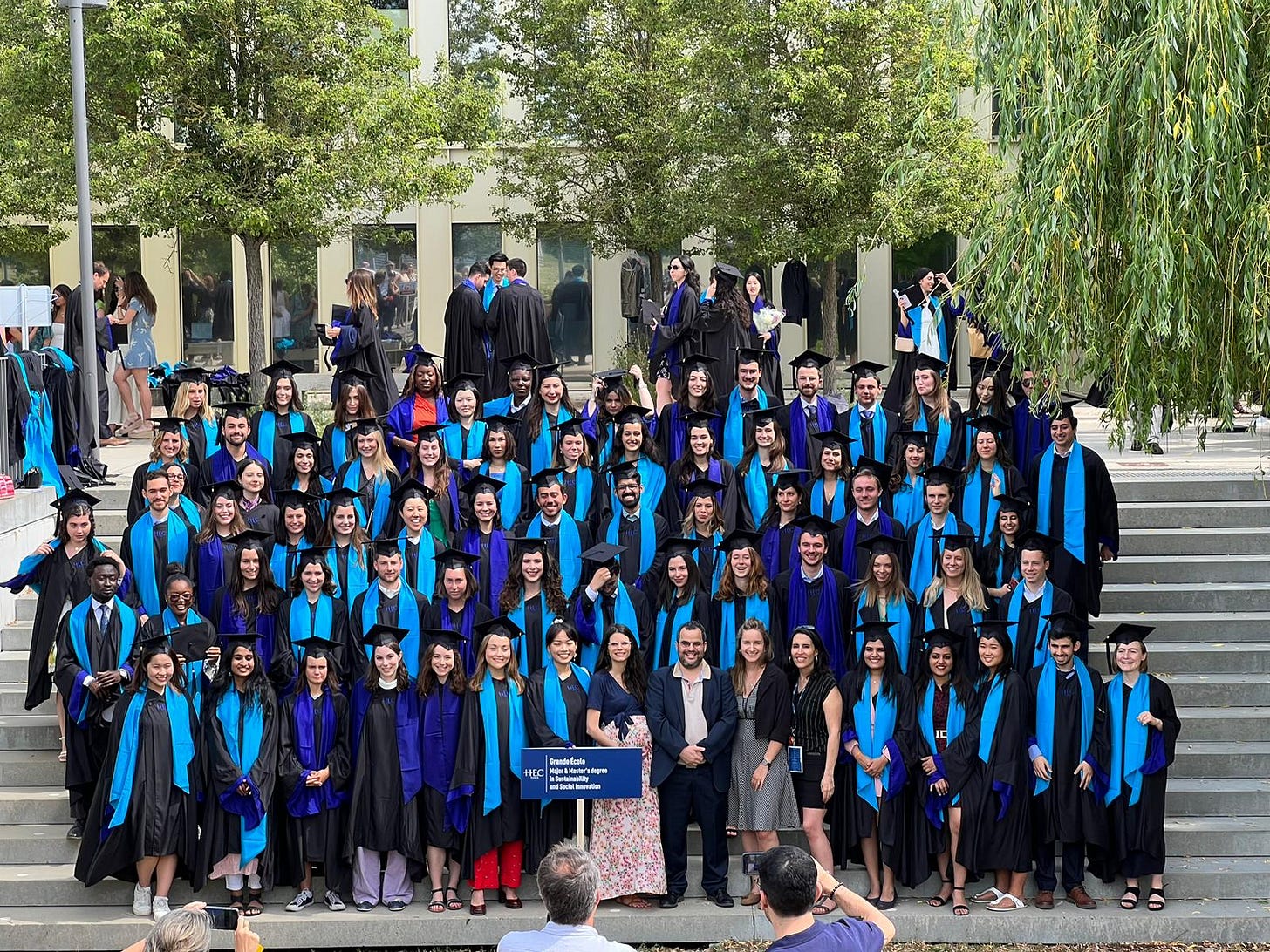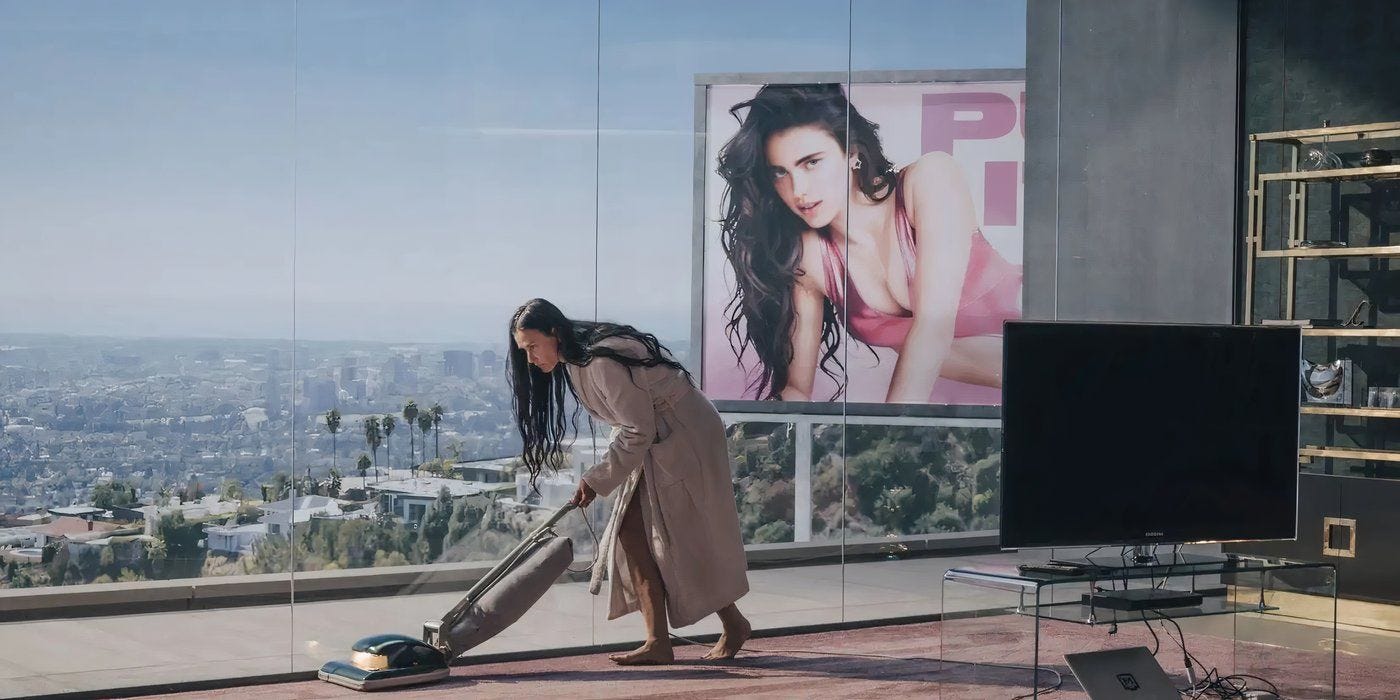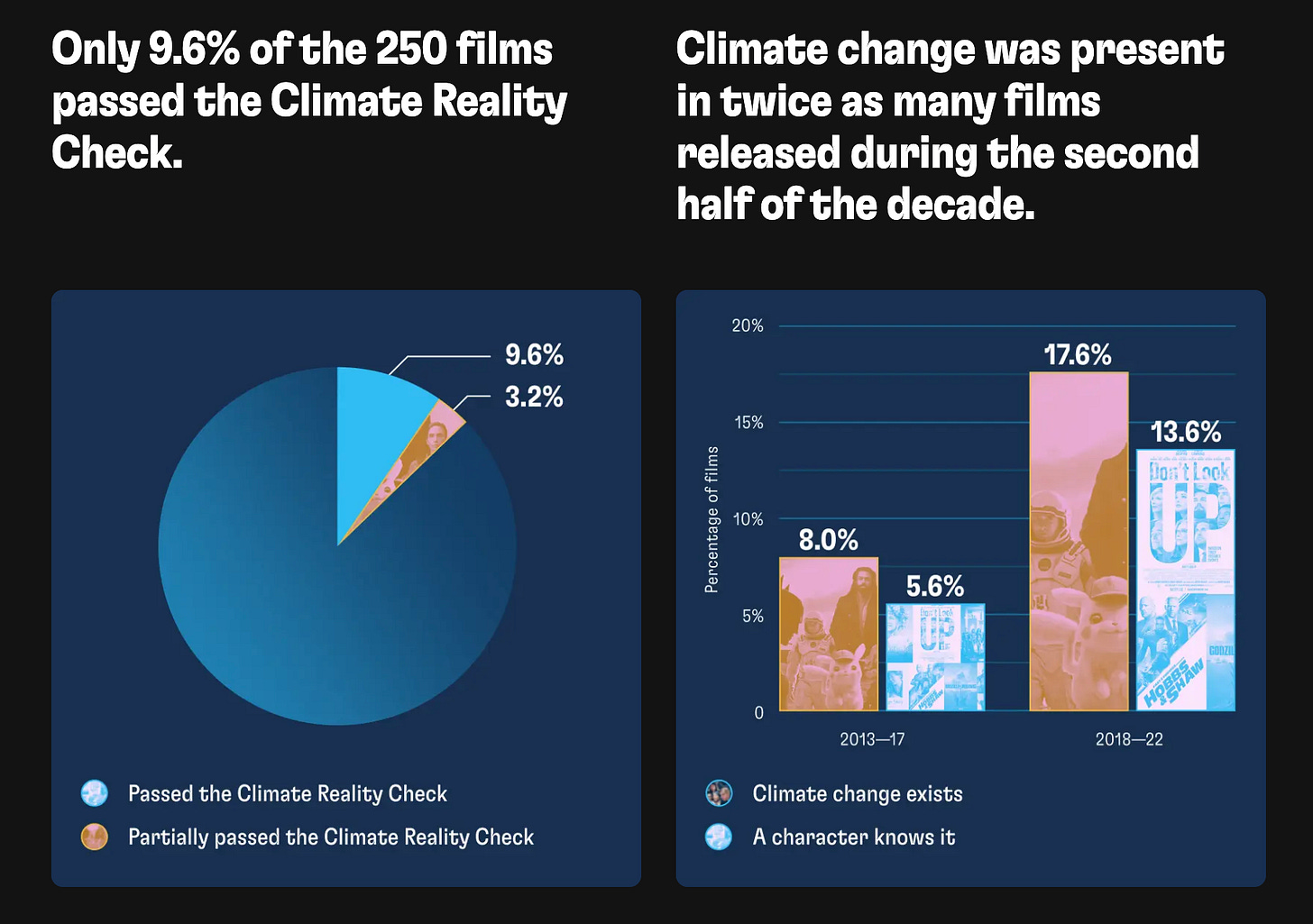Reality check please!
Are filmmakers making stories that reflect the reality of the climate crisis? Good Energy consultancy creates tools to test them
I am enamored with stories. Since a young age, I have devoured books, films, and series that transported me to other worlds or even other places in our own world. I can’t remember when I started writing my own. It’s always been an integral part of who I am.
When I graduated from high school, some were surprised that I didn’t go for an English or journalism degree. Instead, I chose an international business program that would allow me to romp around Asia for two out of the four years I’d be in college. I wasn’t passionate about business, but I was about exploring new lands and learning about different cultures.
The more I learned, however, the more concerned I grew. Some professor in business school said we students should be checking at least two newspapers per day, and I did just that. I discovered that, not only were my fellow humans suffering through war, famine, and drought, but a vast swath of problems had a common cause.
Irresponsible business practices and lack of government oversight had resulted in catastrophic levels of environmental degradation, and the effects of this were making themselves increasingly known. Yet, the resulting events were seldom tied back to climate change in the conversations I was privy to.
Living in New York and a few years into a soulless desk job, I thought I had found my calling. Helping others through the advancing of sustainable business practices and consumer habits seemed like a perfect blend of my business degree and my passion for making a positive impact on the world while I lived.
I pursued a master’s degree in sustainability and social innovation in France and found myself surrounded by likeminded people. By the end of the master’s program, I had my a-ha moment. My talent had always been writing and storytelling. My purpose, if I can self-ascribe something so lofty, is to make a positive impact on the world.
That didn’t mean that I had to keep trying to fit a square peg in a round hole and keep trying to get jobs in consulting and finance to make a difference. I could utilize my talents to better communicate climate-related topics to the public. The climate crisis has a huge PR problem. It needs storytellers like me to communicate more effectively with the public and decision-makers.
This includes those who work in Hollywood making Academy-Award-nominated films like Anora and The Substance. Throughout the years, we’ve seen such films make strides in representation when it comes to portraying members of the LGBT+ community. It’s only natural that as our society became more open about discussing gender and sexuality, it was reflected in the stories we consume on screen.
Then why, despite each passing year being declared the hottest on record, have we not seen an exponential rise in the representation of things like climate anxiety in film and TV being produced today? As someone who hears a lot about environmental topics from people in my inner circle, experiencing a media landscape in which such things are seldom discussed is uncanny.
But don’t take my word for it. My article this week was inspired by work done by Good Energy, a consultancy that helps creators portray the reality of the climate crisis in their work. In 2025, they released an analysis of every Oscar-nominated film and whether they reflected the reality we live in today titled the Climate Reality Check.
Films must pass certain criteria to be included in the analysis. They must be set in the present or near future, on Earth, in this universe. That immediately discounts movies like Kingdom of the Planet of the Apes, which happens 300 years in the future amidst the ruins of human civilization (enough time for nature to have rebounded from the anthropocene), and Dune: Part Two, which, despite being a metaphor for extractive industries (like fossil fuels), takes place in a fictional universe.
Once those have been narrowed down, the Climate Reality Check tests for two things in each story: does climate change exist? And, does a character know about it? It does not require every film to center climate in its narratives, it just checks whether it’s directly referred to throughout the film. Vague posters that say things like “save the planet” might not be enough to pass, but an unimportant character calling out #ClimateChange might be.

It was the second year the agency published the results of this analysis, and the results were surprising. Whereas in 2024, 3 out of 13 eligible films passed the test, this year only one did. The Wild Robot, an animated film by DreamWorks was the sole winner.
The movie didn’t center on humans, but it hinted at the fact that we had hidden ourselves away from the worst climate impacts in domed cities. It wasn’t the only film to take place in a future where people are either extinct or barely seen. You know the situation’s grim when dystopian and apocalyptic settings are looking more like cautionary tales each day.
The news isn’t all bad, however. Good Energy specified that some films that would have made the cut in 2025 were simply not nominated for Oscars. They listed The End, Twisters, Furiosa, and The Room Next Door as examples. Their overarching themes point to a zeitgeist, the agency says, one where we overcome our differences to work together and care for each other.
We have a long way to go to reach Good Energy’s hope of seeing 50% of Oscar-nominated films passing the Climate Reality Check by 2027, but hope is not lost. In another of their fascinating analyses, Good Energy looked at 250 films released between 2013-2022 and found that climate representation was on the rise. Although less than 10% of the films passed the Climate Reality Check, climate was present in twice as many films in the second half of the decade examined.
The impact of a rise in representation can not be overstated. Studies show that people who see the climate crisis on screen are more likely to believe that it deserves attention in real life. A fictional conversation in a movie or series about climate change can serve as a model for people who struggle to talk about it in real life. One climate scientist says that the most important thing one can do about climate change in real life is talk about it.
The narratives we’ve been sold have been heavily influenced by the industries who profit off of them. Fossil-fuel-adjacent industries like the automobile one have funded movies glorifying car culture, for example. We need new narratives that challenge corporate agendas, reflect our reality, and inspire us to dream of a new future.
Some of us may turn to Hollywood for escapism, but it does so much more than that. Our media solidifies communal values and societal expectations in our minds from a young age. Now’s the time for those values to include sustainable living and environmental stewardship. If not that, then at the very least, the stories we’re shown should acknowledge what we’re facing.
As consumers, we can sometimes feel powerless to influence behemoths like these, but we aren’t. Talk to others about wanting to see stories that reflect your reality. Nowadays, more of us have experienced climate disasters first-hand than not. If the studios don’t adapt, they run the risk of becoming (even more) tone dead and alienating their audiences.
We’ll have to see which happens first. Will more of our media pass the climate reality check? Or will the creators behind it be getting a rough awakening?







